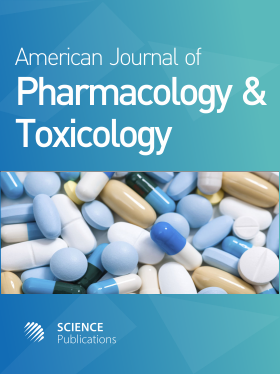American Journal of Pharmacology and Toxicology
Special Isssue Guidelines
We welcome proposals for special issues on topics that fall under the scope of the journal. Special issues are focused on a specialized topic that is of current interest. Special Issues should be organized by experts in the field of interest and attract high quality articles.
Researchers, who are interested in organizing a Special Issue, should submit a proposal to the journal’s editorial office. The proposal should include:
- The Special Issue Journal
- Brief Title
- Aims and Scope
- List of Guest Editors, including their names, emails, affiliations, and a short biography for each Guest Editor
- A proposed timeline, which includes:
- Submission Deadline
- First Round of Review
- Publication Date
You can send your completed proposal to [email protected]. All proposals are forwarded to the journal’s editorial office where they are subject to approval by Senior Editorial Board Members. Once accepted, a Call-for-Papers will be posted on the journal’s website.
To ensure the success of a Special Issue, a minimum of 20 manuscripts are required for publication. Otherwise, the manuscripts will be sent for publication in a regular issue.
Guest Editors are required to manage the peer-review process of the submitted manuscripts. Guest Editors will need to read through the manuscript and decide whether it is suitable for publication in the Special Issue. If it is they will then assign it to several reviewers to thoroughly evaluate the manuscript.
Reviewers then submit their results along with their recommendations as one of the following actions:
- Accept Unconditionally
- Accept Conditionally, subject to minor revisions, according to my accompanying comments
- Encourage Revision, according to my accompanying comments
- Reject Unconditionally, the likelihood of a successful revision is improbable
If a manuscript has been accepted unconditionally, it is sent for further processing.
In the case of conditional acceptance, authors are requested to review their manuscript according to the reviewer’s suggestions and submit the revised version of their manuscript for another evaluation.
If reviewers recommend rejecting a manuscript, we immediately reject the manuscript.
We have a single blinded peer-review process in which the reviewers know who the authors of the manuscript are, but the authors do not have access to the information of who the peer reviewers are. We acknowledge the researchers who have performed the peer-review and without the significant contributions made by these researchers, the publication of the journal would not be possible.
